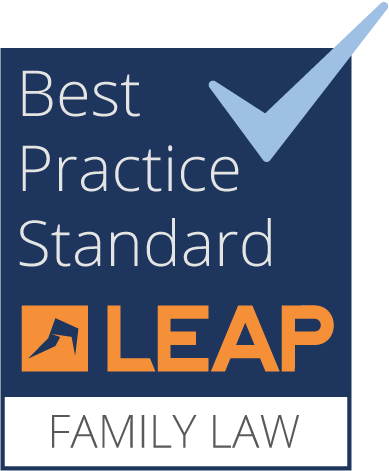- What should I wear?
It is always recommended that you dress formally for Court. Do not worry if you do not own a suit, a shirt, blouse and some trousers or a skirt are perfectly acceptable. If you are still unsure speak with your solicitor and they will be able to advise you as to what is expected. How you present in Court can be important in how any professionals involved in the case, along with the Judge form a view of you. Although we wouldn’t like to admit it, Judges are human too and although it is only a small matter, it can contribute to their views.
- Will I have to speak?
This will depend on the type of hearing, and whether you have any representation. Unfortunately, Legal Aid is not available for every family matter, so it may be that you are representing yourself at the hearing. If this is the case it would be advisable to answer any questions that the Judge may have to the best of your ability. You may also wish to attend the hearing with a list of any points that you wish the Court to be made aware of at that hearing.
If you are represented, then it is less likely that you will need to speak in Court. However, if the matter goes to a Final Hearing you may be asked to give evidence on any contested points. Your solicitor will be able to advise you on the specifics of giving evidence at that point.
- What should I call the Judge?
This would depend on the level of Judge that is hearing your case. It should be made clear on the face of any order listing a hearing who the Judge is, or if you are not sure you can ask your Solicitor.
If the matter is being heard by the Magistrates, you should refer to them as ‘Your Worships’. If it is being heard by a District Judge, you should refer to them as ‘Sir’ or ‘Ma’am’. If it is a Circuit Judge you should address them as ‘Your Honour’. There are of course higher levels of Judge that hear Family matters, however most cases are reserved to the above types of Judge.
- Can my friends and family come with me?
Due to the nature of family cases, family and friends who are not a party to the proceedings will not be allowed in the Court room with you. This is because all Family cases are considered private. However, any supporters you may have would be welcome to attend the Court building with you. Should you be receiving support from a specific support worker, for example Women’s Aid or a Social Worker, the Judge is likely to allow them to attend in Court with you.
- Will the other side be there? Do I have to speak to them?
Due to the nature of Family cases, it is very common to see the ‘other side’ at the hearings. This may be an ex-husband/wife, partner or parent to the child in question. This is because they are also a party to the proceedings so must attend the hearings.
It is appreciated by the Court that this could cause problems and it could be uncomfortable for one party. If there are sufficient concerns about any possible aggression from any party, steps can be put in place to help ensure that everyone is safe and comfortable in Court.
Equally should any party be giving evidence; special measures can be provided to ensure that there is no undue pressure or influence from anyone else in Court at that time.
If you are represented your Solicitor or Barrister will be able to speak to the other party prior to the hearing should there be any outstanding issues. If you are not represented it may be that you will speak to the Solicitor or Barrister for the other party.
For more information please have a look at our Family law pages.








